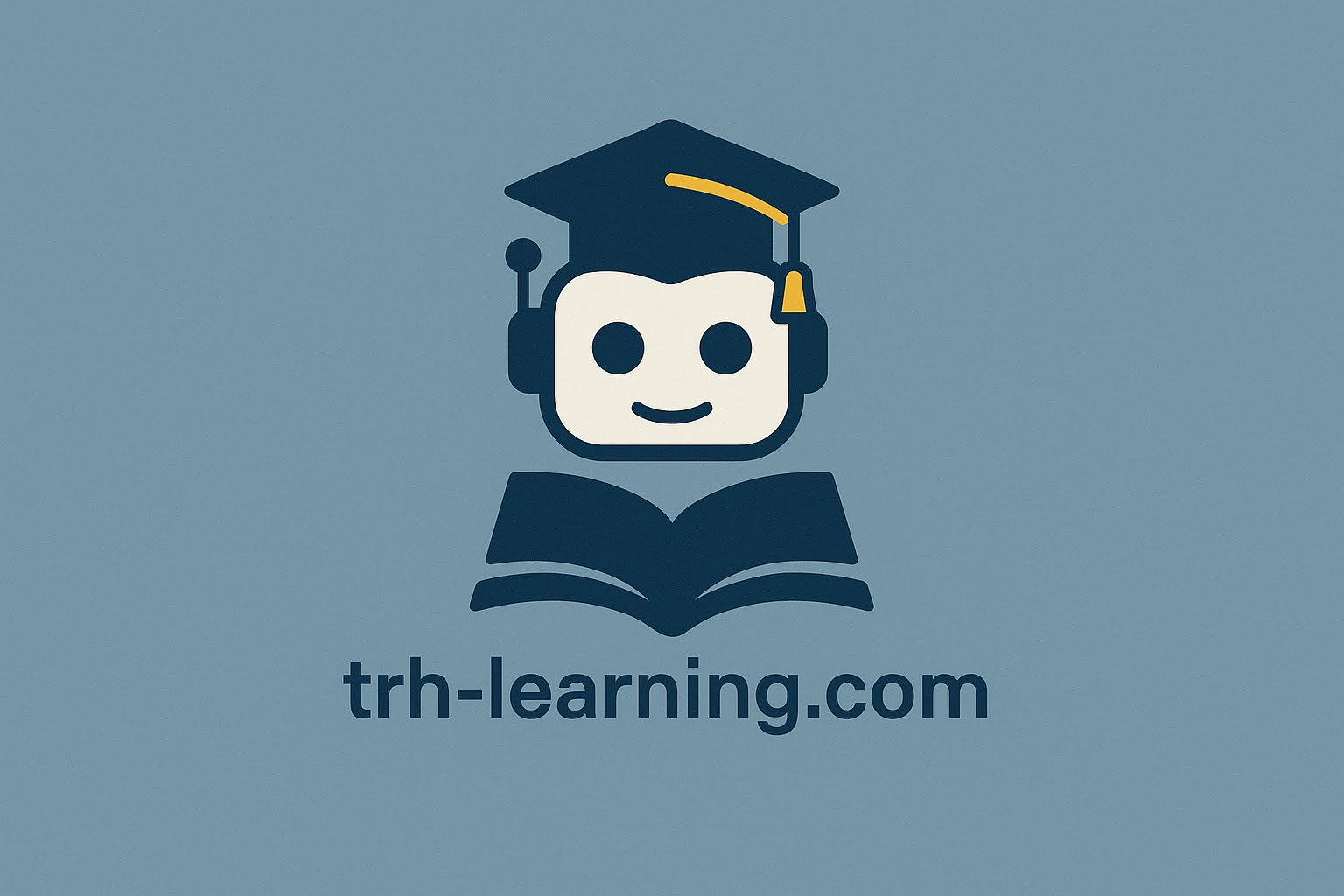"GCSE Physics Breakthrough: Exploring Forces with AI-Driven Experimentation"
Exploring Forces with AI-Driven Experimentation
Introduction to AI-Driven Experimentation in GCSE Physics
Artificial Intelligence (AI) is revolutionizing the way students learn and experiment in GCSE Physics. By integrating AI-driven tools, students can explore complex concepts such as forces with greater depth and understanding.
Understanding Forces in Physics
Forces are fundamental to the study of physics, influencing how objects move and interact. Key concepts include:
- Gravity: The force that attracts two bodies towards each other.
- Friction: The resistance that one surface or object encounters when moving over another.
- Magnetic Force: The attraction or repulsion that arises between electrically charged particles.
How AI Enhances Learning
AI-driven experimentation allows students to simulate and visualize forces in a controlled, virtual environment. This approach offers several benefits:

- Interactive Simulations: Students can manipulate variables and observe outcomes in real-time.
- Personalized Learning: AI adapts to individual learning paces, providing tailored feedback and challenges.
- Data Analysis: AI tools help in collecting and analyzing data, fostering critical thinking and problem-solving skills.
Implementing AI in the Classroom
Teachers can integrate AI tools into their curriculum by using platforms that offer virtual labs and simulations. These resources can complement traditional teaching methods, providing a more comprehensive learning experience.
Conclusion
The integration of AI in GCSE Physics not only enhances the understanding of forces but also prepares students for future scientific endeavors. By embracing technology, educators can offer a more engaging and effective learning environment.
Browse Categories 📚
Ready to boost your learning? Explore our comprehensive resources above, or visit TRH Learning to start your personalized study journey today!